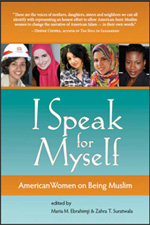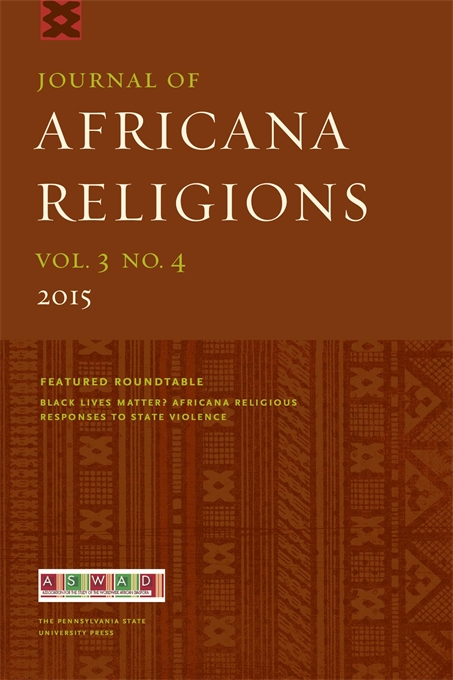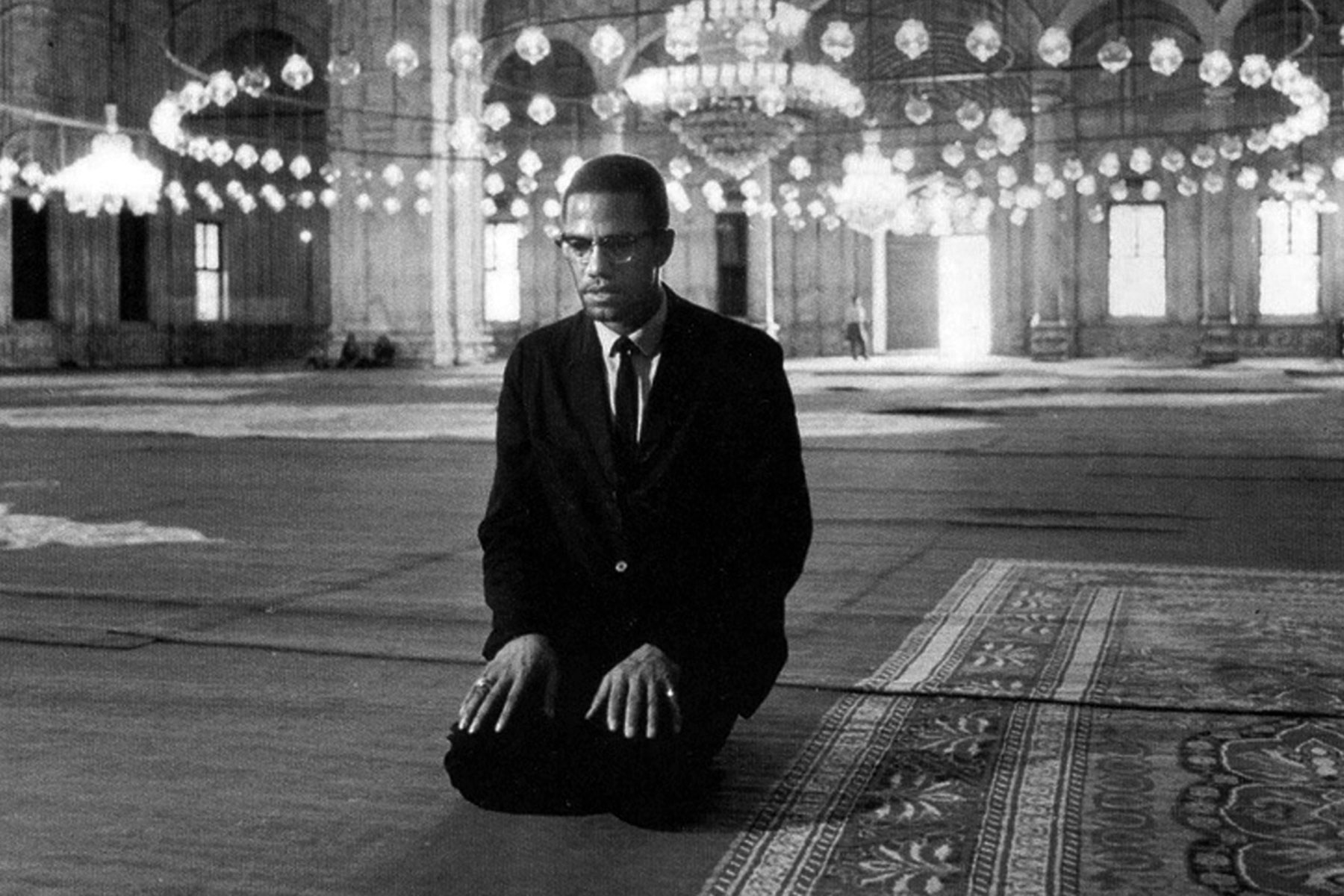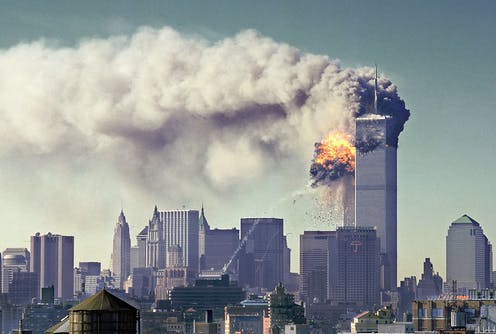WRITTEN FEATURES
DEMANDING DIGNITY
Volume three in the I Speak for Myself Series. This work brings together essays written by today’s generation of Arab youth who have directly inspired and sparked a revolutionary spirit that toppled governments and initiated change.
IMMIGRANTS WELCOME*
02.06.2018
But much of this language—our country’s inclusion narrative—is predicated on myth-making. Indeed, if we look to history, we begin to see Trump’s ban not as an aberration but as a continuation of more than two centuries of restrictive immigration policies and several decades of specifically surveilling Arab, African, and Muslim migration.
In December of 1942, for example, a Detroit resident and Yemen native, Ahmed Hassan, petitioned a court for U.S. citizenship. District Court Judge Arthur J. Tuttle’s decision began by acknowledging Hassan’s “origins” from Yemen and the “Arabian Peninsula.” This fact, he elaborated, was significant to Hassan’s petition because, “Apart from the dark skin of the Arabs, it is well known that they are a part of the Mohammedan world and that a wide gulf separates their culture from that of the predominately Christian peoples of Europe.”
Ultimately Tuttle denied Hassan’s petition on the grounds that, “It cannot be expected that as a class they would readily intermarry with our population and be assimilated into our civilization.” In the concluding paragraphs of the decision, he pointed to a legal precedent for citizenship established in 1790:
In other words, U.S. citizenship for Hassan and others like him was predicated upon proving a proximity to whiteness as it was legally constituted in 1790.
We cannot understand Trump’s Muslim ban without this history. Viewed this way, his is simply the latest in a long line of restrictive immigration policies, policies that are steeped in centuries of racism. It is necessary to be honest about this history to dismantle not just the ban, but a racialized system that allows restrictive immigration to consistently re-emerge at different moments in U.S. history.
Our Refugees
Meanwhile, there is a broader question that has gotten almost no attention in the press: While the Trump administration continues to single out selected countries to include in his travel bans, the United States has long targeted most of these same countries in ways that intensify the refugee crisis in the first place. To put it bluntly, we’re not just banning, we’re bombing.
No Ban, No Walls, No Prison, No Cops: A conversation with Janaya Khan and Maytha Alhassen
Patrisse Cullors, Black Lives Matter co-founder and Dignity and Power Now founder, interviews Maytha and Future to Discuss No Ban No Walls, No Prisons No Cops. This is an exploratory conversation on why our movements, especially the movement to end mass criminalization should center Blackness.






















